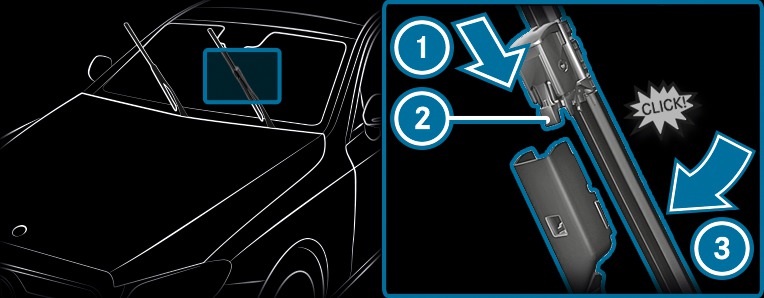Fuels are highly flammable.
Fuels are poisonous and hazardous to your health.
If you or other people come into contact with fuel, observe the following:
Electrostatic charge can ignite fuel vapour.
Vehicles with a petrol engine:
Even small amounts of the wrong fuel could result in damage to the fuel system, the engine and the emission control system.
Fuel of this specification may contain up to 10% ethanol. Your vehicle is suitable for use with E10 fuel.
Diesel
Regular petrol with an octane number lower than 91 RON
Petrol with more than 10% ethanol by volume, e.g. E15, E20, E85, E100
Petrol with more than 3% methanol by volume, e.g. M15, M30
Petrol with additives containing metal
If you have accidentally refuelled with the wrong fuel:
Do not switch on the vehicle. Otherwise fuel can enter the engine.
Even small amounts of the wrong fuel could result in damage to the fuel system and the engine. The repair costs are high.
If too much fuel has been added due, for example, to a faulty filling pump:
The vehicle is unlocked.
Do not get into the vehicle again during the refuelling process. Otherwise, electrostatic charge could build up again.
Observe the notes on operating fluids and fuel.
The recommended octane number for your vehicle can be found on the information label in the fuel filler flap.






 .
.  .
.  .
. You may come into contact with hot gases.
You may come into contact with other escaping hot operating fluids.
Components in the engine compartment may continue to run or start unexpectedly even when the drive system is switched off.
Observe the following if you must open the bonnet:
Certain component parts in the engine compartment can be very hot, e.g. the engine, the cooler and parts of the exhaust system.
Windscreen washer concentrate is highly flammable. It could ignite if it comes into contact with hot engine component parts or the exhaust system.

 by the tab.
by the tab. If the windscreen wipers begin to move while you are changing the wiper blades, you can be trapped by the wiper arm.
 button on the combination switch More.
button on the combination switch More. The wiper arms will move into the replacement position.

 beyond the point of resistance.
beyond the point of resistance. The wiper blade will engage in the removal position with a click.
 , pull the wiper blade in the direction of arrow
, pull the wiper blade in the direction of arrow  and remove.
and remove. 
 until release knob
until release knob  engages.
engages.  on the wiper arm.
on the wiper arm. The wiper blade will engage with a noticeable click and move freely again.
Check the condition of the wiper blades regularly and replace them in the event of visible damage or ongoing smearing.
The engine has been warmed up.
The vehicle is parked on a level surface.
The engine is running at idle speed.
The bonnet is closed.
Determining the engine oil level can take up to 30 minutes with a normal driving style and even longer with an active driving style.
The engine oil level is shown.
Engine oil level Measuring now…: the engine oil level cannot be determined yet.
Engine oil levelOK and the bar display for indicating the engine oil level on the driver display is green and is between "min" and "max": the engine oil level is correct.
Engine oil levelTop up 1,0 l and the bar display for indicating the engine oil level on the driver display is yellow and is below "min":
Engine oil levelReduce and the bar display for indicating the engine oil level on the driver display is yellow and is above "max":
For engine oil level, switch on vehicle
Engine oil level System inoperative: The oil level sensor is defective or not connected.
Engine oil level currently inoperative
Braking efficiency is reduced after washing the vehicle.
Active Brake Assist
Active Distance Assist DISTRONIC
HOLD function
Active Parking Assist
To avoid damage to the vehicle, deactivate these systems in the following or similar situations:
Active Distance Assist DISTRONIC is deactivated.
The HOLD function is switched off.
The 360° Camera is switched off.
The vehicle is locked and the door handles retracted.
The side windows and sliding sunroof are completely closed.
The blower for the ventilation and heating is switched off.
The windscreen wiper switch is in position
 .
. The key is at a minimum distance of 6 m away from the vehicle. Otherwise the boot lid or a door could open unintentionally.
For car washes with a conveyor system:
Neutral
 is engaged.
is engaged. The vehicle is locked from inside.
If, after the car wash, you remove the wax from the windscreen and wiper rubbers, this will prevent smearing and reduce wiper noise.

